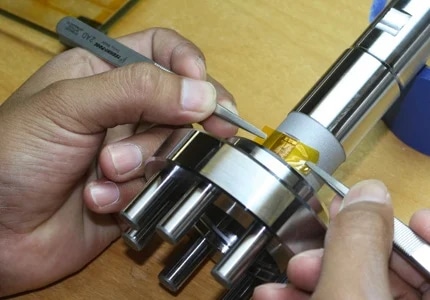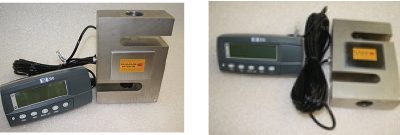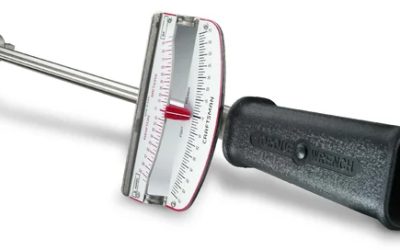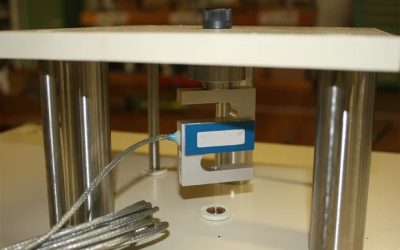Calibration is the process of comparing the measurements of two individual instruments. A known correctness or magnitude must be present in order to determine the standard and that tool must be measured against the second unit. This process is much more important than people might think.
Custom calibration technology is essential for all of life’s important industries. From manufacturing to healthcare, custom calibration allows industry leaders to revolutionize the way their jobs are handled. Here are three of the most important sectors that rely on the accuracy of calibration services.
Pharmaceutical Industry
The pharmaceutical industry relies on accurate measurement and calibration services perhaps more than any other industry. The reason that accuracy is so important when it comes to medications is simple: too much (or too little in some cases) could be lethal. The pharma industry relies on measurement products in services in a wide variety of ways, including both the research and production process.
There are torque sensors that directly aid pharmaceutical applications by monitoring and controlling the research and development of a specific product, and the scale-up and production for any number of products including Mixers, Roller Compactors, Tablet Presses, and other pharma-related items. During the research process, custom calibration sensors are developed to measure a specific variable of interest within the product being researched.
Automotive Industry
Load and torque sensors are an integral part of the automotive process as well. Throughout virtually every phase of a vehicle’s development, including designing, operative testing, manufacturing, and repairs, measurements are being used in detail.
Major aspects of a vehicle’s importance are figured out using various calibration techniques. To determine the vehicle’s life expectancy, stress measurement systems are necessary, to ensure that the actual vehicle is viable. By using load and torque sensors, it’s much easier to correctly identify how much weight that specific vehicle can tow as well as how much weight a seat can hold.
Medical Industry
These measurement tools also go into research, prototyping, development, and production of medical design and testing. It’s not all about determining how much weight an item can hold, however, as medical calibration is necessary for some of life’s most innovative practices.
Measurements are helpful in working with complicated tasks, such as fingertip sensors for bionic arms that are actually linked to, and controlled by, the human brain. They can assist someone who has literally lost touch because of losing an arm or leg, and can actually restore the sense of touch and feel in a fully calibrated bionic arm or leg.
There is no telling what we can expect in the future with the continued innovation regarding calibration technology, but we’re on the right track for more revolutionary practices. Visit Sensing Systems Corporation to learn more about the importance of calibration in industry.




